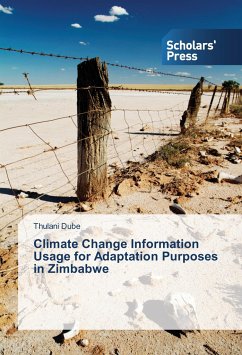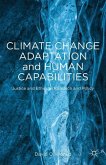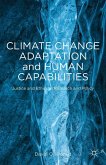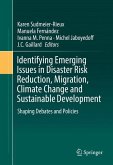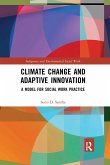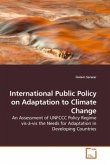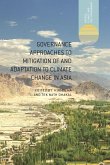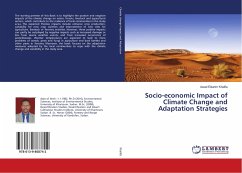This book examines climate change information dissemination, access and usage for adaptation purposes by small-holder communal farmers in Matobo district, in south western Zimbabwe. It also investigates whether and how the interface of climate change related indigenous knowledge information systems with meteorological based climate forecasting information systems assists farmers in the creation of adaptation portfolios. This empirical analysis is anchored on two conceptual frameworks, namely, Ribsey et al.'s (1999) climate change adaptation framework and Hansen's (2002) five prerequisites to beneficial forecasting. The study finds that climate change information availability (and accessibility) in Matobo district is very limited. 'Well-to-do' households had greater access to information sources such as radio and television and were therefore more knowledgeable about climate change compared to poor households. Poor households with limited climate change knowledge were thus less equipped for informed adaptation decision making. Poor smallholder farmers primarily use indigenous knowledge climate forecasting systems as their knowledge frame for climate change adaptation.
Bitte wählen Sie Ihr Anliegen aus.
Rechnungen
Retourenschein anfordern
Bestellstatus
Storno

